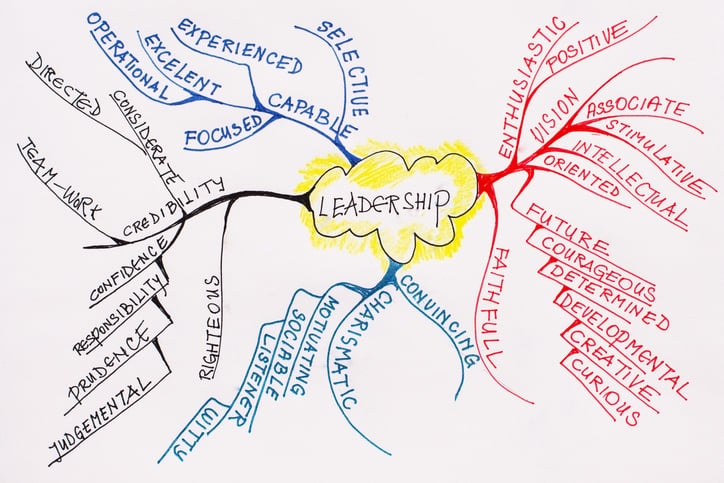In a context where organizations have high expectations regarding agility, agile coaching is now seen as one of the most widely used tools to implement "agile practices" (Kanban, TDD, Scrum, Craft, SAFe, etc.) within organizations and teams.
However, as the transition to agility goes beyond methods and involves a significant mindset shift [which may create tension with current practices], the clarity of the agile coach's stance can help prevent falling into uncomfortable ambiguity for teams, managers, and agile coaches.
Can an agile coaching contract contribute to this clarity?
An agile coaching contract to clarify expectations and means: what does it contain?
Inspired by what can be experienced in professional coaching, we are experimenting with the "coaching contract," which defines expectations, attitudes, and the framework for agile coaching for teams, managers, and the coach involved. Of course, this contract cannot be universal and must include points to be adapted according to contexts, fields, individuals, practices (and the captain's age). However, it can have a structural framework that encompasses the WHY / HOW / WHAT of the agile transformation desired by the organization ready to offer agile coaching to its teams.
What elements are included in these "agile coaching contracts"? Here's our MVP... to open the debate.
Duration/frequency adapted to coaching
Beyond the (important) financial question, the issue of duration and frequency is essential to anticipate the feasibility of a transformation. In less than three months: can something happen? More than nine months - isn't there a risk of the coach integrating into the system? Less than two days a week? Will the coach have time to "see and act"? Over 3 days, they will start to "find solutions" and give advice to the team: back to the consulting stage... Therefore, establishing a duration that corresponds to coaching (not sensitization, not integration...) and possibly with an iteration principle to verify that the objectives remain aligned.
This co-construction with the coach on the duration/frequency of their mandate must be conducted upstream of the project and appear in the contract.
Okay to coach teams... but we need "real" teams!
An organization has decided to coach one, two... twelve, a hundred teams. Great! But what kind of people will these teams be composed of on a daily basis? Full-time employees? Employees at 20% on 5 projects? A team of 18 people? A team spread across three countries with two time zones and four languages?
To experiment, you need to be at least in experimental conditions. And if it's not about asking for the "perfect" team, conditions that are too exotic will only result in frustration. By searching well (meaning in co-construction with the teams), it is possible to find acceptable support compromises.
The execution framework
And what does the coach "do"? And how does the coach do it? And within what framework of "values"? And in service to "whom"? Collective workshops, observations, visual management, training, dysfunction analysis, speech exercises, one-to-one discussions; these tools are new within companies, and it is necessary to state them so that they do not appear as a surprise (or as illegitimate) during coaching.
Commitments from the team (and therefore its management)
And arriving with a team that says, "We would like to try... but we have the Truc file, the Intel product release, the major production incident Bidule, N+3 who wants to talk to us right away,"... does that remind you of something? Coaching that starts without deciding (and it's better if it's collective) that we are going to spend time looking at our practices and thus slowing down to go faster, has little chance of producing anything.
Once again, putting a simple sentence that it will take time for the team to work on its HOW rather than exclusively on the pursuit of its WHAT helps avoid surprises, misunderstandings, frustrations.
Commitments from the coach
Since the coach will not "do," solve problems, or worse, "decide," they will have an unusual relationship with the team. What has been their training/experience on these subjects? Are they focused enough to have this creative relationship with a team of complex individuals? What ethical rules do they set and impose on themselves? What will be their supervision (implicit or explicit)?
Their ability to articulate and defend the elements of a coaching contract will be an indicator of their commitment to embodying a coaching stance rather than that of a consultant.
Objectives necessarily mixed (operational and learning)
Agile coaching operates on a team that wants to progress in agility, whether starting from "nothing" or a bit more than nothing. And one consequence of this progress in agility and the implementation of continuous improvement may be better functioning of the collective, better consideration of issues, and ultimately increased results.
Restricting coaching action to only operational objectives (more "velocity," for example) clearly results from confusion between the part and the whole, between the goal and the means. And this point deserves to be addressed in the coaching contract.
Setting up a coaching contract: what is the procedure?
For the coaching contract to be effective, it is preferable to present and work on it with the entire coached team, including managers.
It can physically take the form of an A3, titled "Coaching Contract," and composed of three parts: the execution framework, the coach's commitments, the team's commitments. This contract can be displayed on the team's walls. You will find at the end of the article a proposal... to be adapted for your future contracts!
It is possible to accompany this contract with a definition of what a agile coach is/is not, does/does not do; a definition that you can also co-construct with your teams.
I hope these elements will be helpful to you: feel free to share your experiments aimed at structuring your interventions in agility, in the service of continuous improvement, with respect for individuals!
Example of an Agile Coaching Framework
The team will be coached in its agile approach from [start date] to [end date]. This team will be gathered [number of] days per week to work collectively, either in co-location or using suitable means of communication.
The goal of this coaching is to experiment with [specific agile practices or methodologies] and measure its impact on [identified aspects] for continuous improvement.
Agile Coach's Commitments:
- Practice the professional ethics of coaches: empathy, availability, active listening, respect for individuals, benevolence, perspective, constructiveness, transparency, discretion.
- Conduct an observation period + interviews and provide a simple, shared diagnosis with the entire team.
- Introduce the agile approach to all team members before the diagnosis and intervention.
- Propose experimenting with a transformation framework that addresses the identified issues in the diagnosis.
- Suggest participatory workshops and training, avoiding "imposing" decisions, assisting in the implementation of ceremonies, artifacts, and tools.
- Adapt coaching to the team's specificities.
- Provide feedback to the team at the end of coaching and ensure a smooth handover with internal management.
Team's Commitments:
- Question and understand the meaning of the proposed agile approach.
- Transparently welcome the coach for the observation period.
- Be 100% available within the defined framework and actively participate in coaching activities.
- Provide constructive feedback based on experience.
- Stay open to the agile coach's experimentation proposals.
- Factually report difficulties as well as successes during coaching.
Note: This framework is a suggested template and should be adapted based on specific organizational needs, team characteristics, and the nature of the agile transformation




